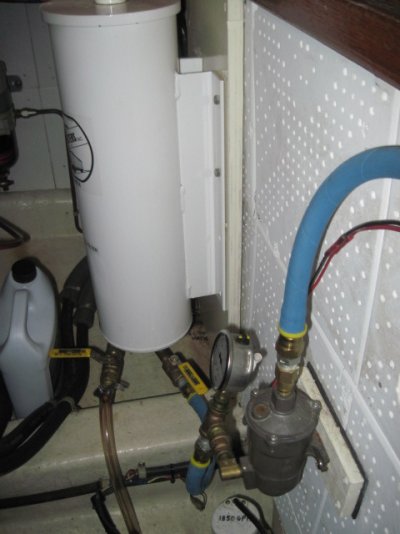caltexflanc
Guru
If you have the following conditions, I see no need for spending money on fuel polishing gear:
1) tanks are well cleaned to begin with
2) you buy fuel from clean sources, best of all high volume docks or trucks
3) you use your boat
In addition, I had the additional advantage of having DD's which as noted cycle a lot of fuel. It never occurred to me to install fuel polishing in 7 years.
1) tanks are well cleaned to begin with
2) you buy fuel from clean sources, best of all high volume docks or trucks
3) you use your boat
In addition, I had the additional advantage of having DD's which as noted cycle a lot of fuel. It never occurred to me to install fuel polishing in 7 years.


